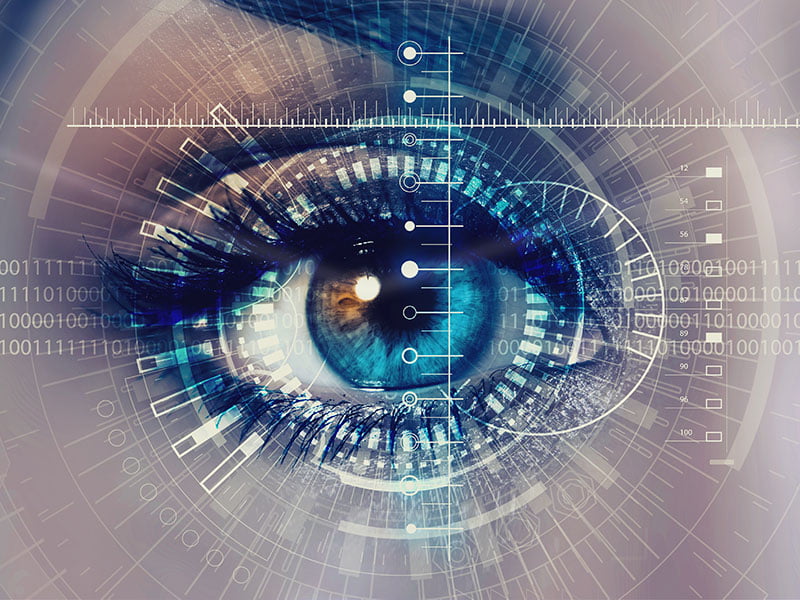The federal government has agreed in principle to use its digital identity scheme to verify the age of individuals before they access online pornography or gambling, but no action on this is expected until at least 2023.
Early last year the Standing Committee on Social Policy and Legal Affairs recommended mandatory age verification for individuals looking to view online pornography or some forms of online gambling.
It called on the government to use its existing digital identity program to complete these age checks online, and for the Digital Transformation Agency (DTA) to oversee this and develop standards for it.
The federal government has now responded to the report, and has backed the recommendations presented in it.

The Coalition agreed in principle to using its digital identity scheme to verify the age of people accessing pornography and online gambling, but has said a roadmap will be developed to determine whether this is actually necessary, and this could take up to 18 months.
“Initially, the government’s priority will be to complete work underway that explores the potential for changes to the policy and accreditation framework…depending upon the findings of this work, further technical interventions may be required,” the government said in the response.
“If so, the government agrees that the DTA is well placed to explore extending the digital identity program.”
The government said that the Office of the eSafety Commissioner is already leading the development of a roadmap for implementation of a mandatory age verification regime for pornography, in consultation with a number of other departments and agencies.
“The development of a comprehensive roadmap that adequately explores the complexities of regulating online pornography will require considerable amounts of research and stakeholder consultation over a 12 to 18 month period,” the government said.
The committee also recommended that the DTA be tasked with developing standards for online age verification for age-restricted products and services, including minimum requirements of privacy, safety, security, data handling, usability, accessibility and auditing of age-verification providers.
The government has also supported this in principle, saying the DTA will be given this work if the eSafety Commissioner’s report finds it is necessary.
As part of the inquiry, a number of government departments and agencies threw their support behind the concept of requiring individuals to verify their age before accessing certain services and products online.
The Department of Home Affairs offered up its own facial recognition services to conduct these tests, saying its Face Verification Service could be used to verify ages for online gambling and pornography.
The DTA has also said that its digital identity scheme would be a “convenient alternative for users to verify their age”.
The digital identity program has since been shifted to Services Australia, which will lead the ongoing rollout of the scheme and the accreditation of private sector digital identity services.
Do you know more? Contact James Riley via Email.

